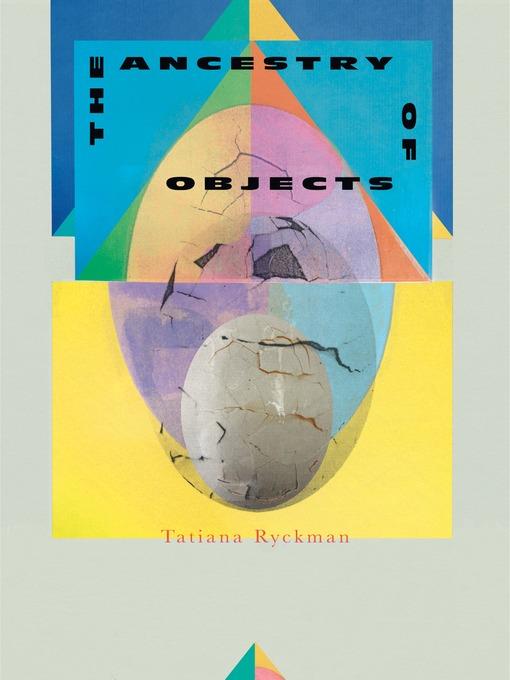
The Ancestry of Objects
- اطلاعات
- نقد و بررسی
- دیدگاه کاربران
نقد و بررسی

July 1, 2020
In this spare novel, a young woman copes with the yawning emptiness of her life by having an affair. By the time the narrator, referred to only as "we," meets David in a bar, she has already lost her job in medical dictation and, faced with the prospect of coming to terms with her own life, is now fixated on killing herself. Her life is one of complete isolation--she has no friends and lives alone in the house she inherited from the grandparents who raised her, severely devout Christians whose constant judgment of her during her childhood replays in her head ceaselessly. "You can't go alone, the grandmother says....You can't leave the house like that. What will people think. They'll find your body in the lake. You need a man to take you/show you/protect you/tell you how to be." Just as inescapable is the clutter they left behind, which forms the fabric of the narrator's existence as she spends her days lying listlessly in bed or on the floor: the "glittering linoleum, the puzzles with missing pieces and bars of old soap, the rusted razors dropped into the wall behind the medicine cabinet and decades of dust woven into the thinning thread of the curtains." When she and David begin having sex--his wife, Lara, is away visiting her sick mother--he moves in and out of the woman's house freely and without warning, and she longs to be truly known by him even as she acts detached. Ryckman writes with cool, tightly packed precision on the futile ways people try to fill the emptiness and absence of life with objects and religion and desperate acts. Her rendering of the dynamics of an affair, which is so often an attempt to escape oneself, is especially keen: "Each time David comes, the guilt shrinks so that the noose of shame which ties us together diminishes into habit. As the guilt diminishes so does the pleasure. And with the pleasure our worth." A hypnotizing, bleak account of the ways people trap themselves in their own minds.
COPYRIGHT(2020) Kirkus Reviews, ALL RIGHTS RESERVED.

July 27, 2020
An unemployed, suicidal woman recounts a passionate affair in Ryckman’s seductive experimental novella (after I Don’t Think of You (Until I Do)). After the narrator loses her job and begins contemplating killing herself, she meets a guy named David at a bar. After they see each other at a grocery store a short time later, he drives her home, and though he is married, the two embark on a passionate affair. As their relationship grows more intense, she becomes obsessed, admitting, “The fantasy is not to have David but to be known by David.” Vivid phrases and short, sharp chapters—sometimes as little as a single sentence or paragraph—keep up the momentum, while an unusual use of first-person plural narration (“Me too, we think,” the narrator says, referring to herself) keeps the reader on their toes, even if the prose’s rhythm and inventiveness can feel precious (“we stop to notsee, notlisten, notthink about what is or is not in the house with us”). Still, readers of lyrical, genre-bending fiction will be spellbound.




دیدگاه کاربران